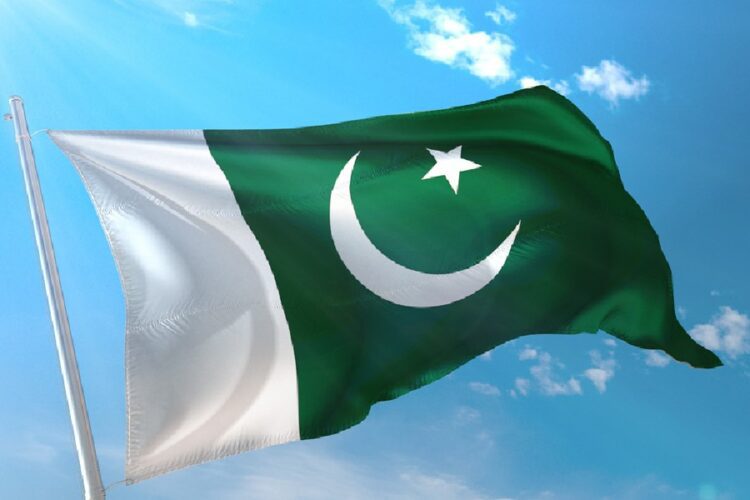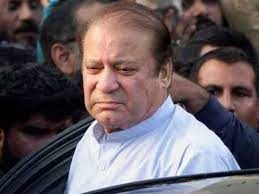Pakistan has passed the economic vulnerability stage, according to Finance Minister Dar
Ishaq Dar, Pakistan’s finance minister, said on Saturday that the nation has passed the point of economic vulnerability and that it would make timely payments to multilateral lenders while pursuing bilateral debt restructuring.
A day after releasing the Rs 14.46 trillion budget for the 2023–24 fiscal year, which begins on July 1, Dar said there were no plans to contact multilateral or development organizations to ask for debt rescheduling in his remarks at the post–budget news conference in Islamabad.
We don’t have any plans to reschedule the Paris Club at this time. Rescheduling international debt is not something we will pursue. When the payments are due, we will do it promptly. I don’t believe telling them we can’t pay is a respectable way to go, he remarked. Dar said that following the budget process, discussions with the bilateral lenders about extending the repayment time might be pursued as a possibility.
He suggested that bilateral debt rescheduling be thought about while backloading the principal and concentrating on debt payment. Dar also stated that the domestic debt was not a problem and that the government would not pursue its rescheduling.
The minister acknowledged that the nation was very vulnerable economically but stated that the administration had overcome this challenge and stopped further economic collapse. Dar stated that the first goal would be to meet the 2017 economic indicators when Pakistan became the 24th largest economy in the world. He said that the nation will be placed back on the path to growth.
The minister stated that the emphasis was on small and medium-sized industries, information technology, and agriculture in order to support his claim that the announced GDP goal of 3.5% growth would be met. He expressed optimism that the Washington-based International Monetary Fund (IMF) will finish the ninth and tenth reviews of the USD 6.5 billion blocked loan package and release cash, but emphasized that there were other choices open.
Cash-strapped Pakistan is now awaiting a crucial IMF loan tranche of USD 1.1 billion that was initially scheduled to be distributed in November of last year. According to experts, the funds are a crucial component of a USD 6.5 billion rescue package that the IMF authorized in 2019 if Pakistan is to avoid defaulting on its responsibilities under foreign debt. Before releasing USD 1.1 billion, the government must adhere to stringent requirements, according to the IMF.
There is increasing agreement among analysts that Pakistan would find it almost hard to avoid default without a resumption of the IMF program or a fresh bailout package in the next fiscal year. Dar also said that subsidies for over a dozen industries were included in the total current spending of Rs 13.3 trillion, which is a 53% increase from the previous year. In a nation that has seen military coups and the overthrow of elected administrations three times since independence, the economic position has never been more dire.
Cash-strapped Since many years ago, Pakistan’s economy has been in a fast slide, putting enormous pressure on the underprivileged masses via unbridled inflation and making it almost difficult for a large number of people to make ends meet. After the disastrous floods of last year, which claimed the lives of more than 1,700 people and resulted in enormous economic losses, their problems only became worse.







